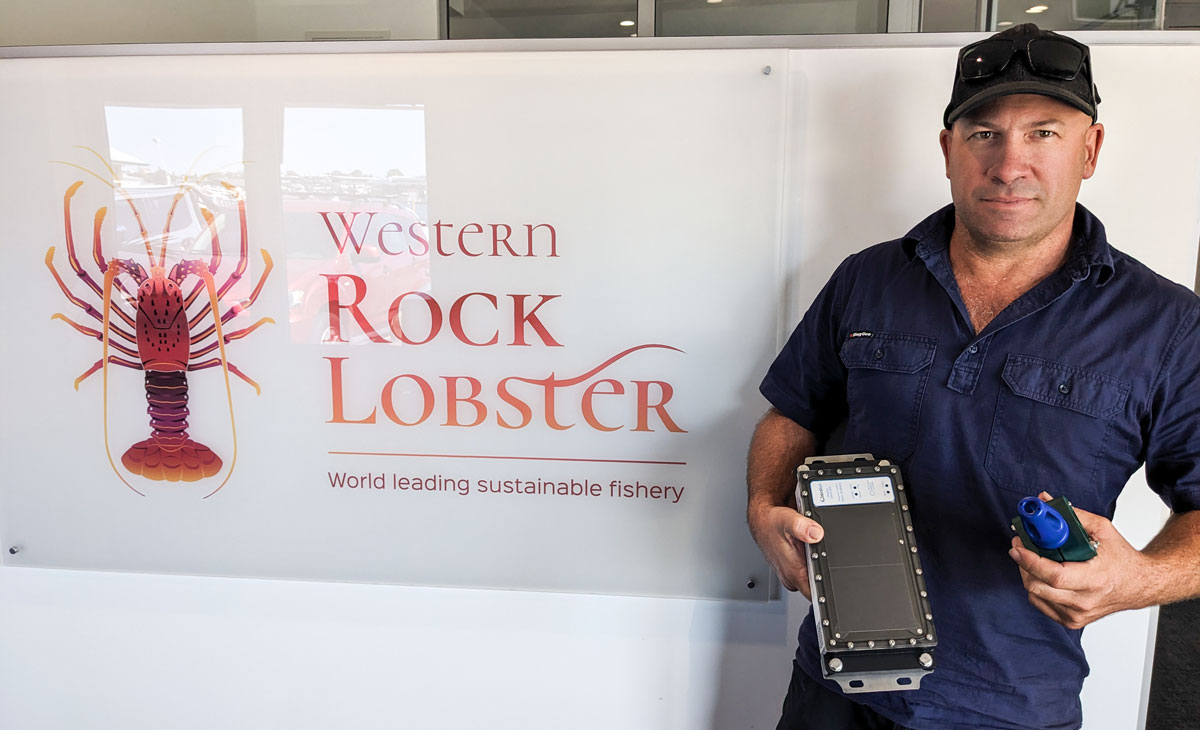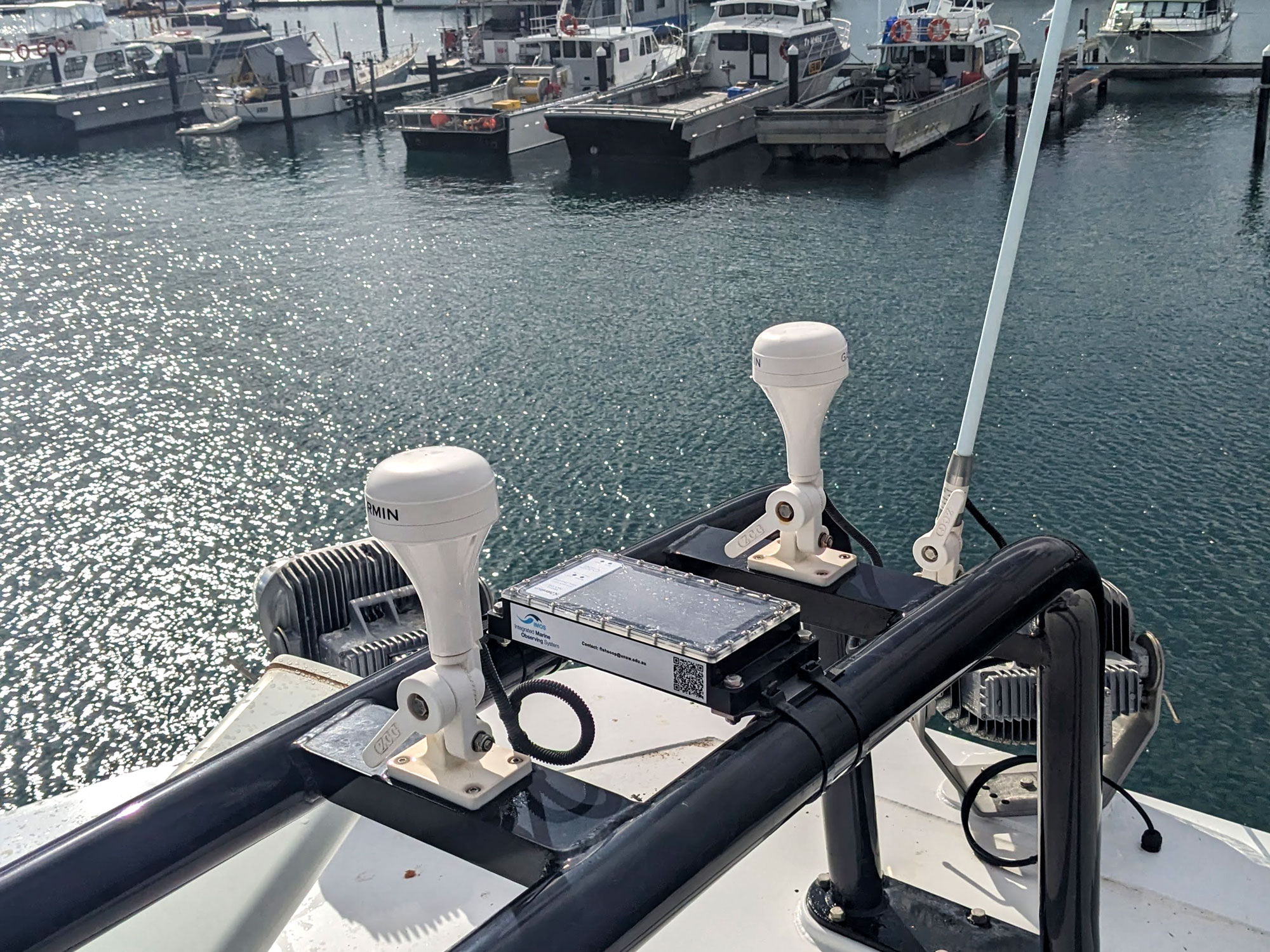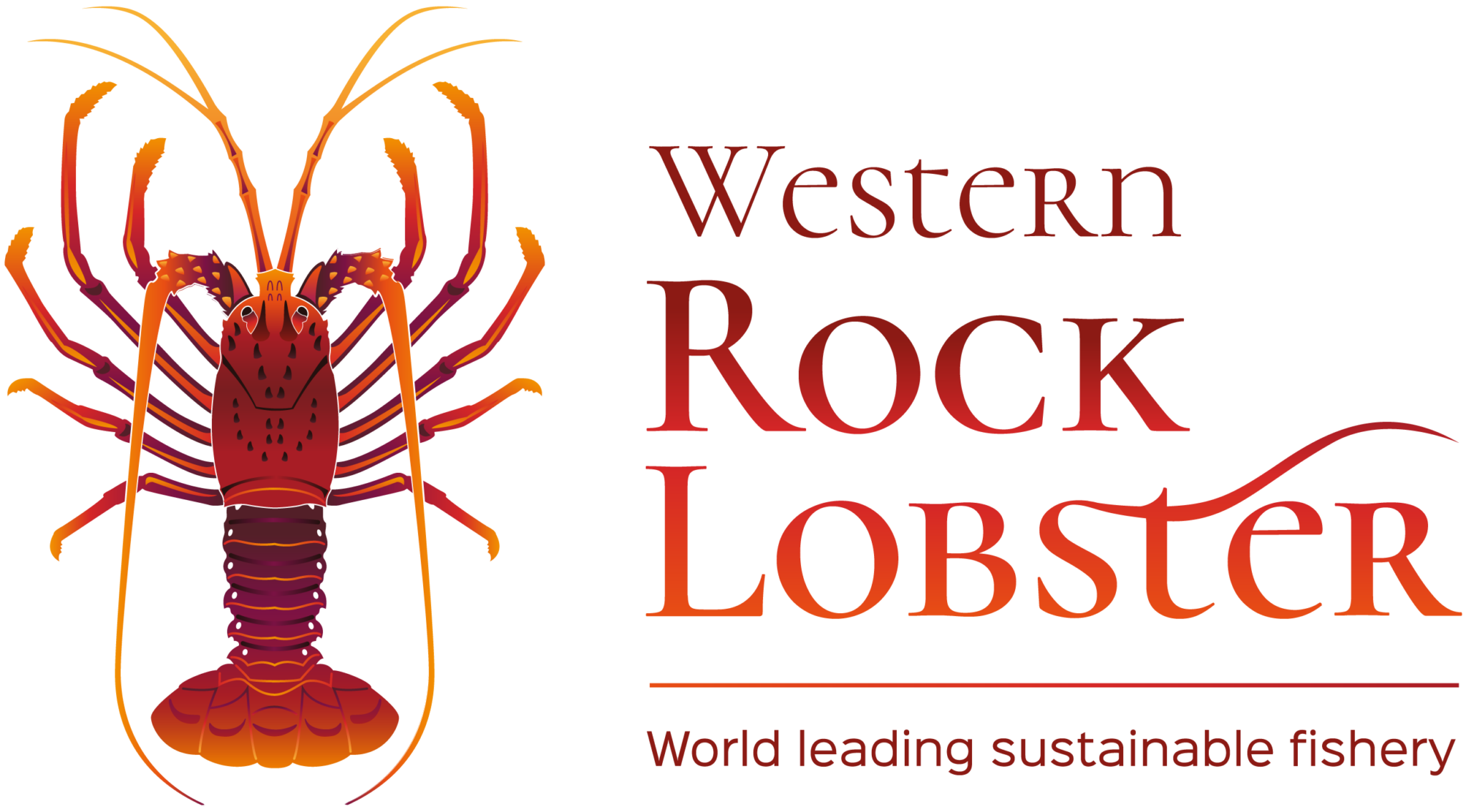Western Rock Lobster is excited to be joining the Fishing Vessels Ships of Opportunity Ocean Observing Program, commonly referred to as FishSOOP!
FishSOOP utilises crowd sourcing ocean data through collaboration between the University of New South Wales and the commercial fishing industry as part of Australia’s Integrated Marine Observing System (IMOS). Participating fishers deploy small self-contained temperature sensors on their fishing gear, and a standalone, solar-powered deck unit on the vessel. The sensor collects data every time the gear is deployed and after the installation, the system needs little to no intervention.

WRL understands the importance and value of the data captured by IMOS and is keen to contribute by capturing sub-surface temperature data year-round. By helping to capture this data off the WA coast, WRL can actively contribute and benefit from understanding the link between water temperature at depth and fish distribution and abundance. The fishing industry can provide very valuable ocean observations on an unprecedented scale, which can be used to answer a range of questions. We can use the data in near real time to improve our ocean forecast models. In the longer term, we hope the data will assist in standardising catch rates in our fisheries stock assessment models. Furthermore, better ocean data will improve our understanding of general ocean warming, marine heatwave events, temperature impacts on the relative or total abundance of species, species range shift, and the impact of this on fisheries productivity.

